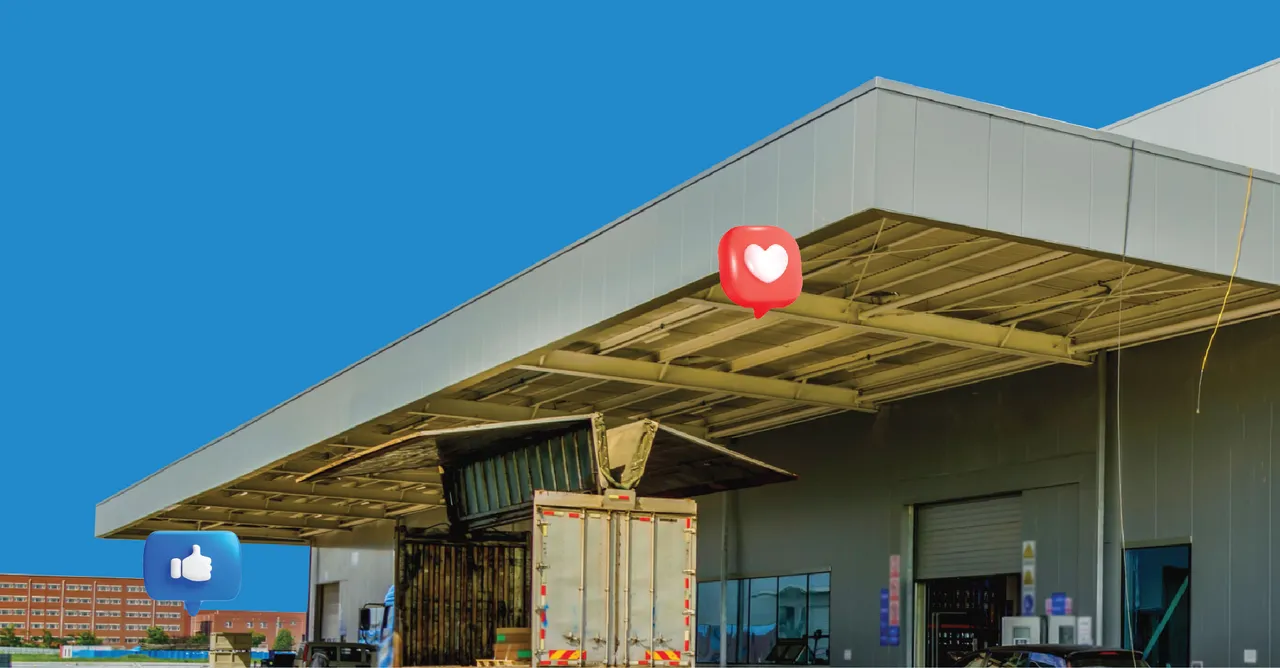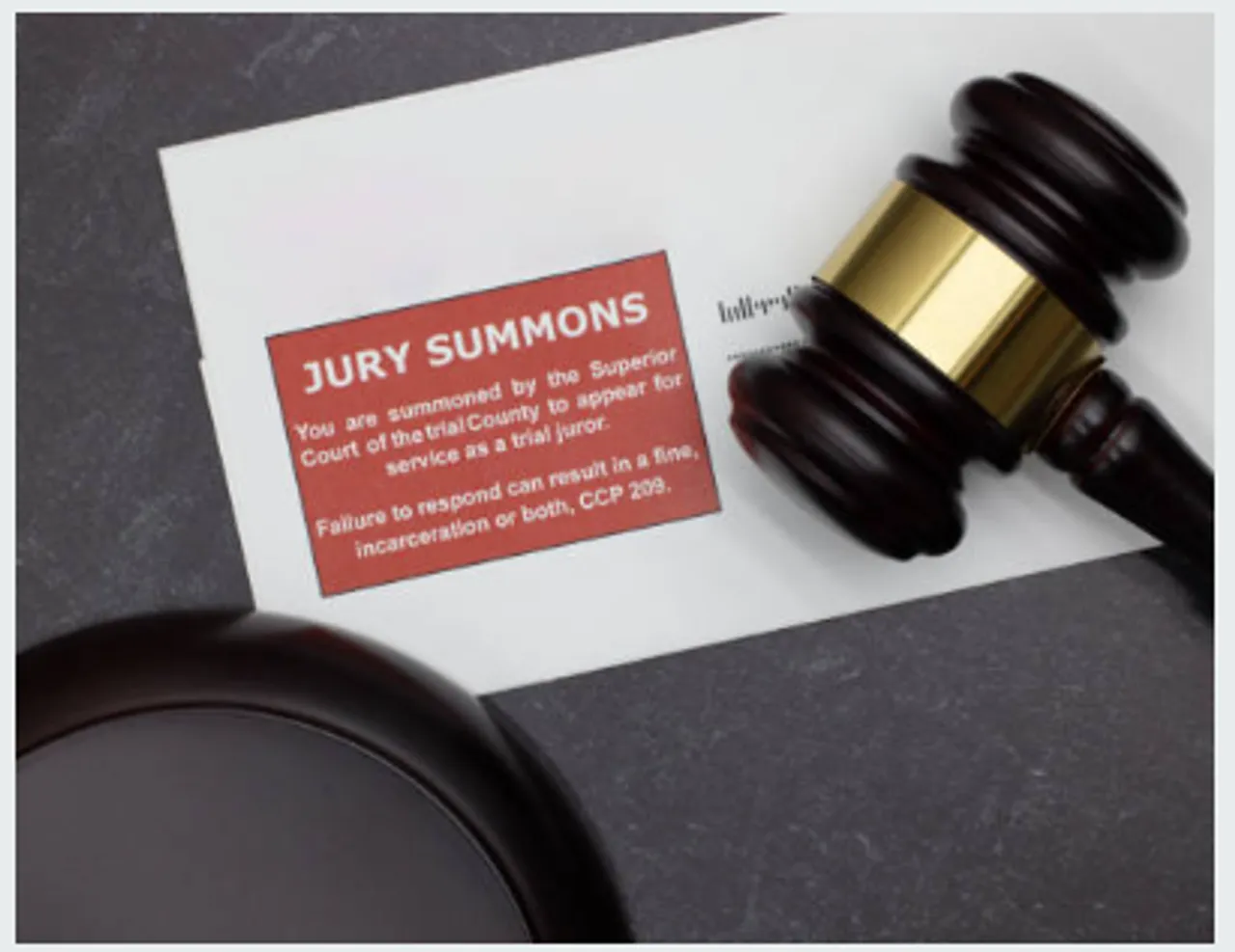Authors
Expertise

Amidst the backdrop of ongoing global trade tensions between several countries, social media has become the new battleground. In recent weeks, the internet has been awash with posts from overseas manufacturers declaring that they produce goods for prestigious international brands. In many cases, these claims are followed by an offer to buy identical products "directly from the factory" at significantly lower prices.
Introduction
Amidst the backdrop of ongoing global trade tensions between several countries, social media has become the new battleground. In recent weeks, the internet has been awash with posts from overseas manufacturers declaring that they produce goods for prestigious international brands. In many cases, these claims are followed by an offer to buy identical products "directly from the factory" at significantly lower prices.
These viral videos have stirred ethical and commercial debates among consumers, sparked concerns within many industries, and raised significant red flags from the legal perspective. While consumers/end users may see such disclosures as "empowering" or even "whistleblowing", the intellectual property (IP) and legal implications are far more complex.
Without dwelling on the economic and socio-political colourations to this debate, this article attempts to unpack the IP, contractual, and trade-related implications of such disclosures from the Nigerian perspective.
At a Glance: Key Legal Risks for Business Leaders found in this Publication
Given the richness of this article, we recognise the need for a quick-reference summary for business owners, in-house counsels, external advisors, brand executives and anyone seeking immediate insights into the key legal exposures associated with viral claims about factory-based brand manufacturing, and who may for any reasons, be unable to complete this interesting article or who simply need a quick check of key points.
Hence, we provide below a rapid-fire overview of the core issues addressed in this publication. While this summary offers a quick guide, we recommend a detailed review of the full article to understand the nuances and layered liabilities involved at every point.
This article is structured around the following four key areas of legal risk:
1. Infringement of Intellectual Property Rights
The article explores how public claims of manufacturing for another brand may trigger liabilities for trademark infringement, passing off, patent and industrial design infringement. When a manufacturer displays or references another company's trademark without authorisation, they may be infringing on registered rights protected under the Nigerian Trade Marks Act.[1] Similarly, these claims can constitute passing off where they mislead consumers about product origins or affiliations. Additionally, unauthorised production or distribution of products protected by patents or industrial designs violates exclusivity rights granted under the Patents and Designs Act,[2] regardless of the trademark applied.
2. Confidentiality Risks
We assess how manufacturers and their affiliates may breach Non-Disclosure Agreements (NDAs) embedded in Original Equipment Manufacturing (OEM) contracts, and the broader common law duty of confidence, even in the absence of a written confidentiality contract. The Nigerian courts have upheld the sanctity of confidentiality obligations, where unauthorised disclosure of sensitive commercial information resulted in injunctive relief and damages. Even without formal agreements, manufacturers receiving confidential information during business relationships are bound by implicit confidentiality duties recognised under Nigerian common law.
3. Misrepresentation and Indirect Liability
Third parties—such as influencers, e-commerce operators, or logistics providers—may be liable for torts of inducing breach of contract, unlawful interference with business or economic relations, and trade libel or injurious falsehood, especially where misleading or disparaging claims cause economic harm to a brand.
4. Regulatory Violations
Finally, we examine how these disclosures and sales may contravene various regulatory frameworks, including the Federal Competition and Consumer Protection Act (FCCPA) which prohibits deceptive or misleading marketing practices,[3] the Nigerian Communication Commission’s (NCC) 2023 Guidelines on Promotional Advertisements that ban unfair comparative advertising, and importation and product compliance risks where goods fail to meet Nigerian regulatory standards.[4] These violations potentially trigger enforcement by agencies such as the Standards Organisation of Nigeria or Nigerian Customs Service, particularly for products lacking proper quality control or regulatory approvals.
We will now proceed into the full article. Click here to read more...
[1] Section 5(2) of the Trade Marks Act
[2] Section 19 of the Patents and Designs Act
[3] Section 123(1) of the Federal Competition and Consumer Protection Act 2018
[4] Article 3(d) of the NCC Guidelines on Promotional Advertisements (2023)
Important Notice: The information contained in this Article is intended for general information purposes only and does not create a lawyer-client relationship. It is not intended as legal advice from Jackson, Etti, & Edu (JEE) or the individual author(s), nor intended as a substitute for legal advice on any specific subject matter. Detailed legal counsel should be sought prior to undertaking any legal matter. The information contained in this Article is current to the last update and may change. Last Update: October 1, 2024.







